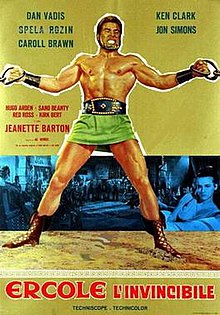
Maciste is one of the oldest recurring characters of cinema, created by Gabriele d'Annunzio and Giovanni Pastrone. He is featured throughout the history of the cinema of Italy from the 1910s to the mid-1960s.

The Sons of Hercules is a syndicated Embassy Pictures television show that aired in the United States in the 1960s. The series repackaged 13 Italian sword-and-sandal films by giving them a standardized theme song for the opening and closing titles, as well as a standard introductory narration attempting to relate the lead character in each film to the Greek demigod Hercules. These films however were not all originally made as "Hercules" films in Italy. Although two of them did originally feature Hercules, four of the films were originally Maciste movies in Italy, and the others were just isolated gladiator or mythological hero movies not released theatrically in the US.

Sword-and-sandal, also known as peplum, is a subgenre of largely Italian-made historical, mythological, or biblical epics mostly set in the Greco-Roman antiquity or the Middle Ages. These films attempted to emulate the big-budget Hollywood historical epics of the time, such as Samson and Delilah (1949), Quo Vadis (1951), The Robe (1953), The Ten Commandments (1956), Ben-Hur (1959), Spartacus (1960), and Cleopatra (1963). These films dominated the Italian film industry from 1958 to 1965, eventually being replaced in 1965 by spaghetti Western and Eurospy films.
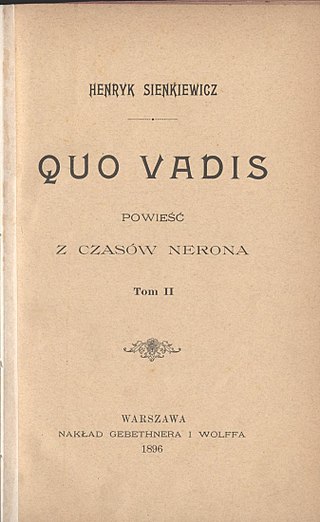
Quo Vadis: A Narrative of the Time of Nero is a historical novel written by Henryk Sienkiewicz in Polish.
Dan Vadis was an American actor famous for his lead roles in many Italian films made in the 1960s.
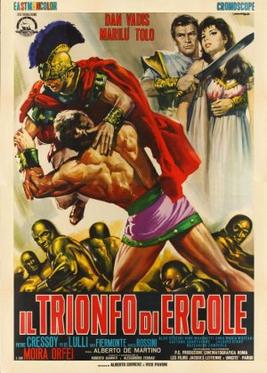
The Triumph of Hercules, the 1964 film, was one of many Italian sword and sandal epics during the 1960s craze. Originally titled Il Trionfo di Ercole, the film was directed by Alberto De Martino. Hercules was portrayed by Dan Vadis.
The film was released internationally as Hercules vs the Giant Warriors, and also as Hercules and the Ten Avengers.
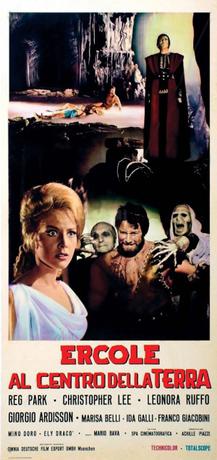
Hercules in the Haunted World is a 1961 Italian sword-and-sandal film directed by Mario Bava. British bodybuilder Reg Park plays Hercules while British actor Christopher Lee appears as Hercules' nemesis Lico. Shooting at Cinecittà, director Mario Bava used some of the same sets from the earlier Hercules and the Conquest of Atlantis which also stars Park.
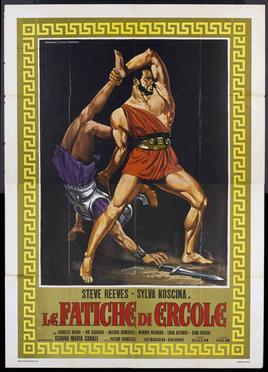
Hercules is a 1958 Italian sword-and-sandal film based upon the Hercules and the Quest for the Golden Fleece myths. The film stars Steve Reeves as the titular hero and Sylva Koscina as his love interest Princess Iole. Hercules was directed by Pietro Francisci and produced by Federico Teti. The film spawned a 1959 sequel, Hercules Unchained, that also starred Reeves and Koscina.
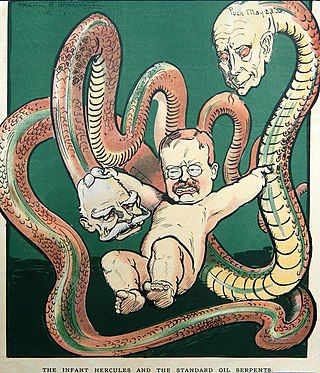
Heracles, also known as Hercules, is a Greek and Roman mythological hero known for his strength and far-ranging adventures. He is one of the most commonly portrayed figures from classical mythology in the popular culture of the 20th and 21st centuries.

Hercules in the Vale of Woe, a.k.a. Hercules in the Valley of Woe, is a 1961 Italian Franco and Ciccio comedy film directed by Mario Mattoli and starring Kirk Morris as Maciste and Frank Gordon as Hercules. The film is a comical take on the popular sword-and-sandal epics of the 1950s and 1960s.

Hercules and the Conquest of Atlantis is a 1961 film directed by Vittorio Cottafavi and starring Reg Park in his film debut as Ercole/Hercules. It was originally released in Super Technirama 70.

Devil of the Desert Against the Son of Hercules is a 1964 international co-production filmed in Italy and directed by Anthony Dawson.
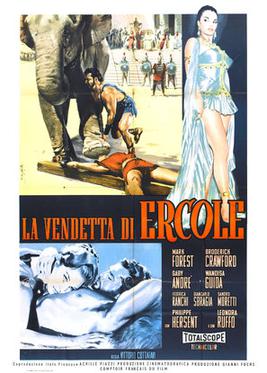
Goliath and the Dragon is a 1960 sword-and-sandal film directed by Vittorio Cottafavi and starring Mark Forest and Broderick Crawford.
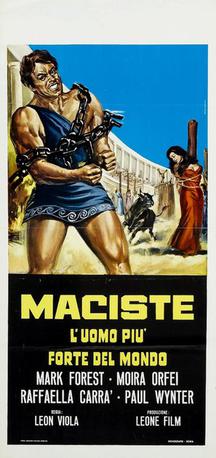
Mole Men Against the Son of Hercules is a 1961 Italian peplum film directed by Antonio Leonviola and starring Mark Forest.
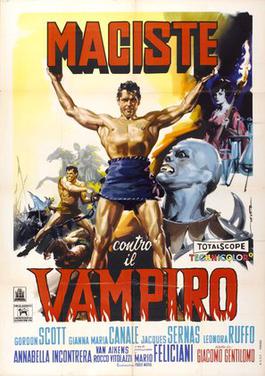
Goliath and the Vampires is a 1961 Italian peplum film directed by Sergio Corbucci and Giacomo Gentilomo. The film features the famed superhero Maciste as its main character, although the American release changes his name to Goliath, as American International Pictures felt that the name "Maciste" was not significant to American audiences.

Hercules, Samson and Ulysses is a 1963 Italian Metrocolor peplum film directed by Pietro Francisci.
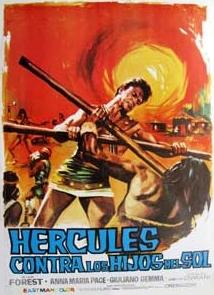
Hercules Against the Sons of the Sun is a 1964 Italian-Spanish peplum film written and directed by Osvaldo Civirani.
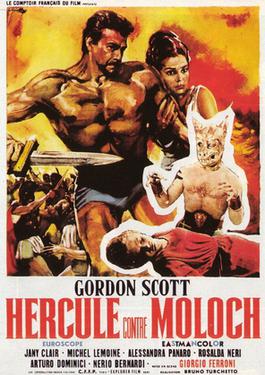
Hercules vs. Moloch is a 1963 Italian/French international co-production peplum film written and directed by Giorgio Ferroni and starring Gordon Scott. The film reuses battle scenes from Ferroni's 1961 film The Trojan Horse.
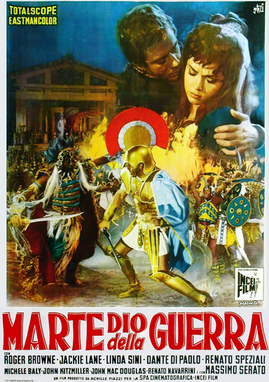
Venus Against the Son of Hercules is a 1962 Italian peplum film written and directed by Marcello Baldi and starring Roger Browne and Jackie Lane.

The Seven Magnificent Gladiators is an Italian peplum film directed by Bruno Mattei.
